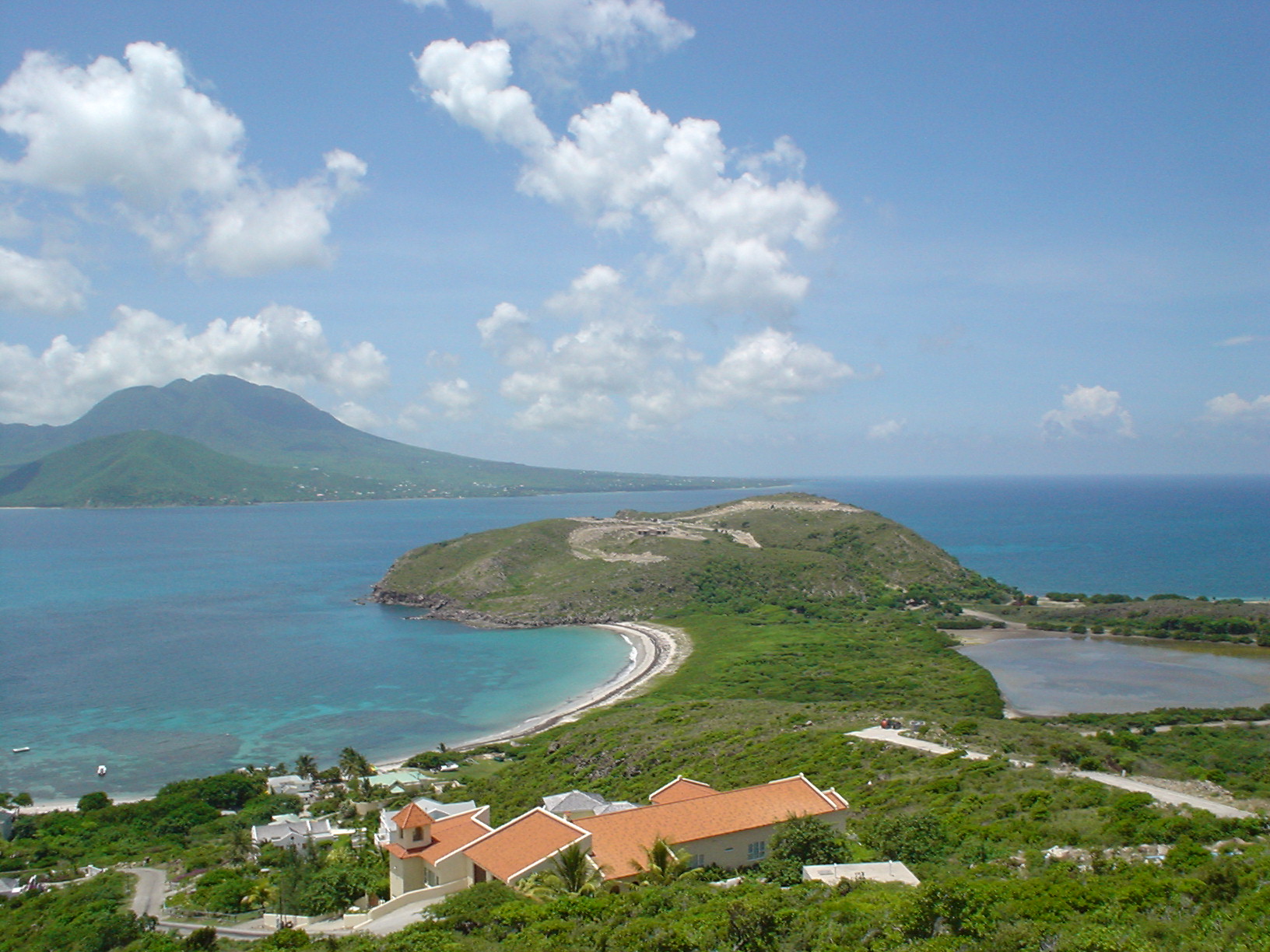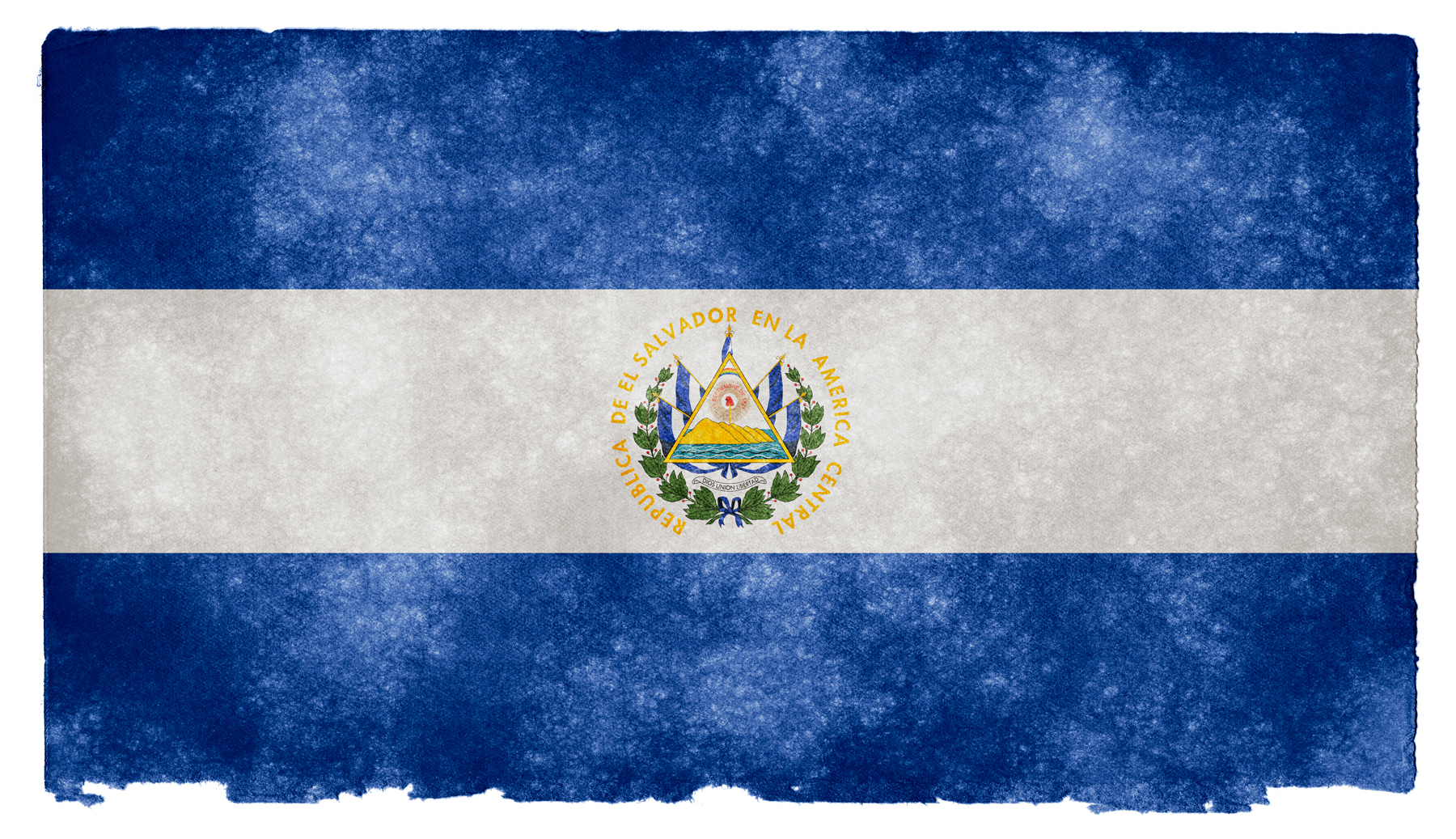Statistics from a Refugee Law Office
Facts and Figures on Immigration in Canada Debunk Cynicism and Fears
It’s a truth as old as the world’s earliest civilisations—as long as there have been borders between nations, there have been those who fear or even despise those who come from outside of those borders. These negative feelings often come attached to a number of today’s issues, such as the current Syrian refugee crisis. While there are the obvious concerns among certain members of the public that the refugees pose a security risk since some may be in league with the very terrorists they claim to be running from—a largely unfounded fear—others are more subtle, but just as disturbing. While Citizenship and Immigration Canada and refugee law offices work to debunk the myth that refugees are a major financial burden on taxpayers, ill-informed messages spread like wildfire around the internet, with some ready to believe the hype without checking the facts.
One message in particular, which has been circulating for years despite having been debunked when it first appeared, claims that refugees are given more in government aid than retirees are—by a margin of over $16,000 each year. Not only is this simply untrue, but many of the start-up costs afforded to refugees (which some mistakenly believe to be monthly amounts given but are, in fact, a one-time payment to help them get on their feet) are actually to be repaid with interest.
What’s more, recent statistics on employment, financial aid, and immigration in Canada have shed a new light on the perceived “economic burden” of immigrants and refugees. An article from Global News depicts graphs illustrating the percentages of different classes of immigrants with employment income, those receiving social assistance, and the median income of each during their first year, as well as five, 10, 15, and 20 years after arrival, and the figures are promising. After just five years, 57% of government-assisted refugees (and 68% of all immigrants and refugees) have employment income, compared to the national average of 73% in 2013. Accordingly, the number receiving assistance decreases, from 91% in the first year to 49% after five years. After 15 years, that number decreases to 16%.
What many people fail to understand is that government programs and refugee law offices exist not to help refugees come to Canada to live on taxpayer money, but to help them build a new life in our country. It can be immensely difficult to get back onto your feet after fleeing your home and leaving everything behind. But it is the goal of most people to be self-sufficient, whether they were born here or have arrived in Canada through immigration. At a refugee law office, the goal is to help individuals and families in desperate situations to seamlessly transition into a new life, and to help provide the tools necessary to thrive, in turn contributing to the local economy. In the end, what is better for our refugees is better for everyone in the community.
Persistence is the Key to Success: A Bidoon’s Happy Ending
What Farah Ghodayan’s Case says about Canada’s Immigration Policies
Bidoons, which means “without” in Arabic, referring to being without citizenship (bidoun jensiya) are a group of people who at the time of independence were not given Kuwaiti citizenships. When the British ended the protectorate in 1961, about one-third of the population was given nationality on the basis of being “founding fathers” of the new nation state, another third were naturalized as citizens, and the rest were considered stateless.
Mr. Jaber Mufarreh and his wife, Ms. Farah Ghodayan, happen to be amongst those who are considered stateless in Kuwait. As such, they cannot obtain a passport. Bidoons in Kuwait are persecuted, targeted and mistreated. Farah is unable to obtain any identity documents as a Bidoon, except for her birth certificate which does not even have a picture. The government only renews identity documents of Bidoons on a discretionary basis. Without proper documentation, Farah cannot work legally, cannot access health care, has no legal rights whatsoever, and cannot obtain an Article 17 Passport , which are sometimes issued to Bidoons with proper ID to temporarily leave the country.
Without an Article 17 passport, Jaber could not attempt to apply for his wife to come to Canada as a visitor. The government of Kuwait refused to issue her an Article 17 Passport. Farah has no means to support herself, so he has been providing financial support to her regularly. Since Farah lacks government issued ID with a picture, she cannot collect the funds he sends her.
On November 24, 2015, the Embassy of Canada in Abu-Dhabi accepted her sponsorship application to become a permanent resident, and requested that she provide her passport to the Embassy within 30 days. Unfortunately, however, the story does not end there.
"When [Immigration, Refugees and Citizenship Canada] says, 'Send in your passport,' this is the best part of the story for the client. That's it. Things are ready to move along," she said. "But in this instance, being a Bidoon really made it, like a happy ending that just didn't, couldn't happen." Since Farah is a Bidoon, she is stateless in Kuwait and cannot obtain a passport. After contacting several agencies, the Red Crescent in Kuwait informed Gerami Law P.C. that the Red Cross (ICRC) in Kuwait can provide “one-way travel documents” (called ICRC Travel Documents) for stateless Bidoons who are permitted to travel to Canada.
When Jaber and his wife went to the ICRC in Kuwait, they advised them that they needed to confirm the authenticity of the November 24, 2015 letter from the Canadian Embassy in Abu Dhabi before starting the process of issuing her travel document. However, despite the fact that Red Cross in Kuwait accepted to issue the travel document to Farah, the Canadian Embassy in Abu Dhabi took the position on January 6, 2016 that this type of “travel document is not valid for travel for applicants who are not travelling to Canada as a refugee.”
Ms. Gerami responded back to the Canadian Embassy, insisting that the ICRC travel document was by law an acceptable document to facilitate immigration to Canada and reunite this family. But with no response from the Canadian government, Farah and Jaber decided to take their case to the media. On January 14, 2016, CBC news broadcasted this Bidoon’s family’s story on the 6pm news and wrote an article.
Two days later, on January 16, 2016, Ms. Gerami was able to deliver some good news to her anxiously waiting clients: the Canadian Embassy in Abu Dhabi responded to her and confirmed that they “do recognize the ICRC travel documents as an acceptable travel document”. After this long ordeal, Farah obtained her travel document on January 25, 2016 and is now finally expected to make her way to Canada.
Immigration Lawyers in Canada Answer Your Questions About St. Kitts and Nevis Passports
Citizenship and Immigration Canada Removes St. Kitts and Nevis Passports From Safe List
St. Kitts and Nevis is a small two island country located in the southern Caribbean. A few months ago it attracted a lot of attention when Canada had announced that passports issued for this country are now black listed. This means that anyone trying to visit or immigrate to Canada with only a St. Kitts and Nevis passport will not be allowed in. This change in status was because their buy a passport program was also issuing diplomatic credentials to questionable individuals. Immigration lawyers in Canada have answered common questions in response to this status change.
Why was it removed from Canada’s safe list?
Citizenship and Immigration Canada had concerns about many illicit actors purchasing passports and diplomatic credentials from the country. The program also does not require the purchaser to be in the country to receive a passport and the passports did not display the birth place of the holder.
Can you still buy passports in St. Kitts and Nevis?
Yes, the Citizenship by Investment Program is still running. Through this program it is possible to get a passport in two ways. One is to make a non-refundable $250,000 donation to the country; the second option requires a minimum of $400,000 in real estate investment in the country. If you are planning on immigrating to Canada, lawyers advise that you avoid purchasing a passport from St. Kitts and Nevis or have all the necessary visas in place before you travel.
Can St. Kitts and Nevis passport holders still enter Canada?
Yes. If you or a family member are genuine visitors from the country and are planning to travel with a St. Kitts and Nevis passport it is mandatory to have an accompanying visa. Immigration lawyers in Canada warn that those without the proper visas will not be allowed to enter the country.
Can a St. Kitts and Nevis passport be used for other countries?
Yes, a number of countries still accept the St Kitts and Nevis passport without a visa. The majority of them are in Europe or the Caribbean.
Although there are still issues surrounding the passport program in St. Kitts and Nevis, if you are a genuine visitor from the country and possess the necessary visas you can enter Canada to start a new life. Canadian immigration lawyers are available to answer all your questions and help you prepare for this important life transition.
What Jose Figueroa's Story Says About Canada's Immigration System
Immigration Lawyers in Canada Call for Bureaucracy Fix
It was 1997 when Jose Figueroa and his wife sought immigration to Canada by making a refugee claim. The pair had fled from El Salvador, a country that had been plagued by a 13 year civil war. Though the war in El Salvador had effectively ended in 1992 – five years prior to Figueroa’s entry to Canada, he still faced revenge threats stemming from his affiliation with a resistance group called the Farabundo Martí National Liberation Front (FMLN). Despite the credible threats, Figueroa’s claim was refused in 2000 after the Canada immigration board ruled El Salvador was safe enough for Figueroa and his wife to return to.
With the help of immigration lawyers in Canada, Figueroa and his wife filed an application for humanitarian grounds in 2002, and by 2004 the application was approved in principle. This win, however, was short lived for the immigration lawyers in Canada and their client. Six years later, Figueroa would undergo an inadmissibility process and face a deportation order by the Canada Border Services Agency (CBSA). Though his wife was granted a humanitarian exemption and his three children are Canadian citizens, by September 2013 the CBSA began actively trying to remove Figueroa.
The CBSA had ordered Figueroa’s deportation because of his affiliation with FMLN – a leftist group that had been involved in El Salvador’s civil war. What enraged immigration lawyers in Canada and the public, however, was that Figueroa had not been a part of any of the group’s armed activities and was only an outspoken advocate in an affiliated student union. Additionally, the FMLN has long since been known as a peacetime political party in El Salvador, forming a government and electing two presidents since 2009. Last year the Federal Court Justice Richard Mosley even ruled that FMLN was a "broad based legitimate resistance group… much like the African National Congress in South Africa's struggle against apartheid."
Even though the FMLN has never been on Canada’s list of known terror groups, Figueroa was forced to stay in a de facto prison (the Langley Walnut Grove Lutheran church) from 2013 until only a few weeks ago. In Canada, Immigration, Refugees and Citizenship Minister John McCallum finally intervened in Figueroa's case, granting an exemption from the deportation order on December 21, 2015. After 18 years, Figueroa could finally call Canada his home.
But what does this story say about Canada and immigration? Many immigration lawyers in Canada are calling for a fix. In an interview with The Tyee, Figueroa called out the bureaucracy surrounding Canada immigration because, to no fault of their own, many times the person in charge of making these kinds of decisions simply does not understand the severity of the situation on the other side. As Figueroa put it, “The decision is made at the discretion of a CBSA officer, and the chance for anybody to stay or be deported depends on that one person…That's the one thing they need to look at how to solve.”
Immigration Canada and Stateless Persons
The Best Immigration Lawyer Discusses Barriers that Stateless Persons Face
Applying for immigration to Canada is a lengthy process that requires diligence and patients with even the best of circumstances. But what if someone is stateless? There are many reasons why this may occur but generally speaking, a person is considered to be “stateless” if no State considers them to be a citizen. Since states have specific obligations to their citizens, including many basic rights, the best immigration lawyers know that stateless persons are especially vulnerable.
When is Statelessness Attributed to an Individual?
There are a variety of reasons that an individual may be stateless including problems with birth registrations, loss of citizenship, contradictions or inconsistencies between different countries citizenship laws, breaking up of States. Additionally, like in the recent case of Farah Ghodian, Kuwait does not recognize her as a national and labels her an “illegal resident” within the borders of the country that she resides in.
In Farah Ghodian’s case, she holds Red Cross travel documents that are routinely used for refugees and other stateless persons. However, the Canadian embassy refused to accept these documents to allow her to obtain her permanent residency visa and finally make her way to Canada. A skilled Canada immigration lawyer (who knows that an ICRC documents is acceptable under the law) can fight to overcome such a road block for a stateless individual.
Specifically, section 50(1) of the Immigration and Refugee Protection Regulations (SOR/2002-227) sets out the types of documents that a foreign national must hold to obtain his/her permanent residency visa. Section 50(1)(d) recognizes a document issued by the ICRC to enable and facilitate immigration. The Member of Class refereed to in subsection 70(2) includes the family class in subsection 70(2)(a). As such, in accordance to the Regulations, the Canadian Embassy was required to accept Ms. Ghodian’s ICRC document and grant her permanent residency.
Documents — Permanent Residents
50 (1) In addition to the permanent resident visa required of a foreign national who is a member of a class referred to in subsection 70(2), a foreign national seeking to become a permanent resident must hold
- (d) a travel document that was issued by the International Committee of the Red Cross in Geneva, Switzerland, to enable and facilitate emigration;
Stateless persons are vulnerable without state protections and the rights that many citizens take for granted. Their Canadian immigration journey requires the skills and knowledge of the best immigration lawyer who will advocate for them every step of the way.





